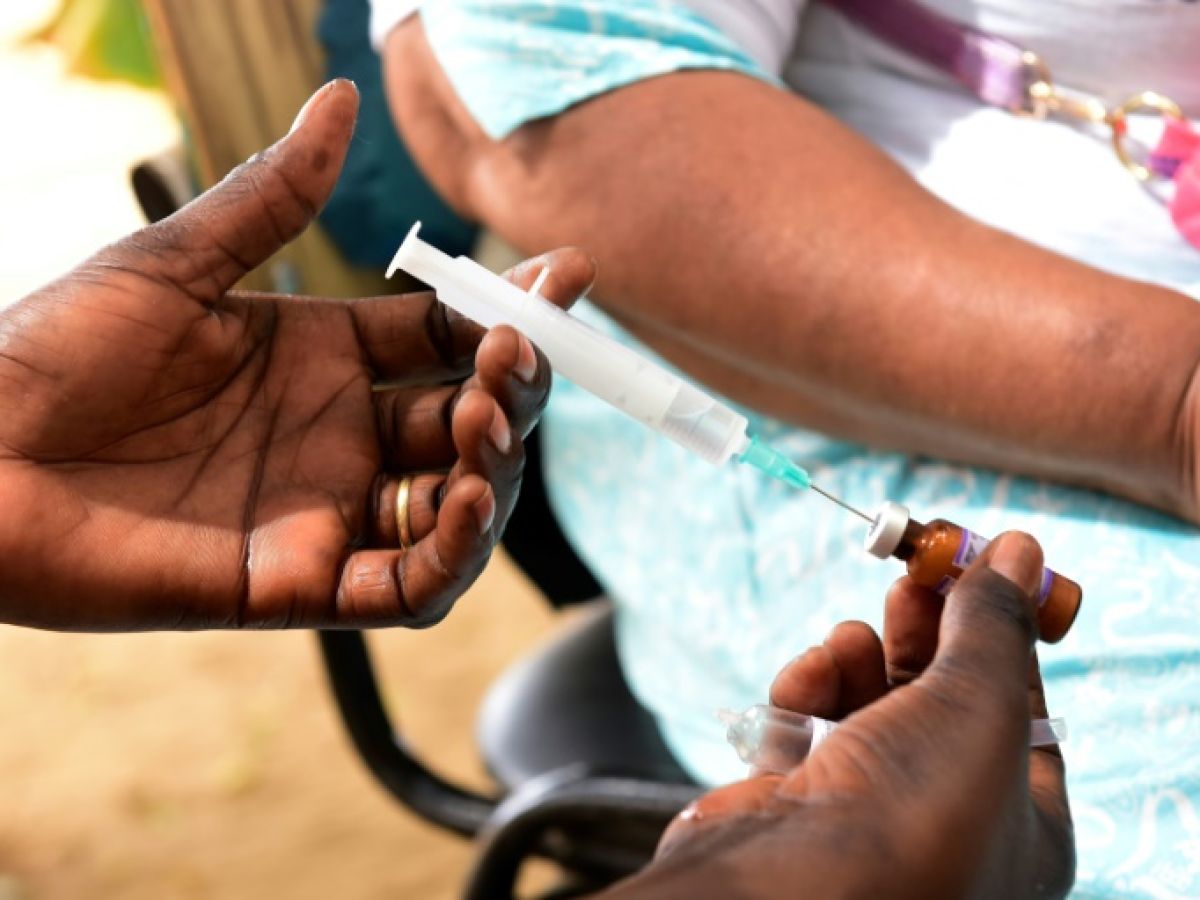Following the post-Covid rebound, humanity experienced an "unexpected" and "troubling" slowdown in its development in 2024, even before the drastic cuts in international aid, the UN warned in a report published Tuesday.
Before the pandemic "anomaly" that led to an unprecedented decline in the Human Development Index (HDI) in 2020 and 2021, which takes into account living standards, health and education, the world was on an upward trajectory that would have allowed it to reach a high level of human development by 2030.
But the rebound that had allowed the economy to return to pre-COVID levels in 2023 "seems to be losing momentum," and the gap between rich and poor countries has widened further, according to the annual report of the United Nations Development Programme (UNDP).
So, "if the slow progress recorded in 2024 becomes 'the new normal'," reaching this hoped-for high level of development "could take several more decades, which would make our world less secure, more divided and more vulnerable to economic and ecological shocks," warns UNDP boss Achim Steiner.

All the more so since this slowdown began even before the recent drastic cuts in international aid announced by several countries, particularly the United States.
If rich countries "stop funding development," "it will have an impact on economies, societies, and yes, it may be reflected in the Human Development Index in a year or two: shorter life expectancy, declining incomes, more conflicts," worries Achim Steiner in an interview with AFP.
While UNDP experts are not yet certain of the underlying causes of the slowdown observed in 2024, they have identified a slowdown in progress in life expectancy as one of the drivers, possibly linked to side effects of Covid, or to the increasing number of wars around the world.
– “Relaunch” thanks to AI –
In this context, the UNDP hopes that artificial intelligence can "revive development."
The report focuses on the challenges and risks of AI tools, revealing a survey of 21,000 people in 21 countries conducted between November 2024 and January 2025.

The results show that around one in five people are already using AI, and two-thirds of those surveyed expect to use it in the coming year for education, healthcare and work.
AI "will change virtually every aspect of our lives," notes Achim Steiner, believing that the opportunity it represents for human development is now "a matter of choice."
"The future is in our hands. Technology is about people, not just things. Beneath the flashiness of inventions lie important choices, made by individuals and groups, whose consequences will reverberate across generations," the report emphasizes.
Choosing in particular between building a “collaborative” economy with AI or in competition with it.
While about half of those surveyed expect at least some of their jobs to be replaced by AI, they also seem ready to seize this opportunity: 60% of those surveyed hope for the emergence of jobs that do not exist.
The UNDP also points to the risks associated with AI, including inequalities in access between rich and poor countries, and "cultural biases" linked to partial data and the countries where the tools are developed and the chatbots trained.
A recent study by researchers at Harvard University cited in the report shows that ChatGPT's responses are closer to those of a human living in a wealthy English-speaking country than those of a person living in a poor country.
But "we can design solutions to reduce this risk," says Achim Steiner, arguing that this should not be used as an excuse to reject the potential of AI, for example in medical research.

